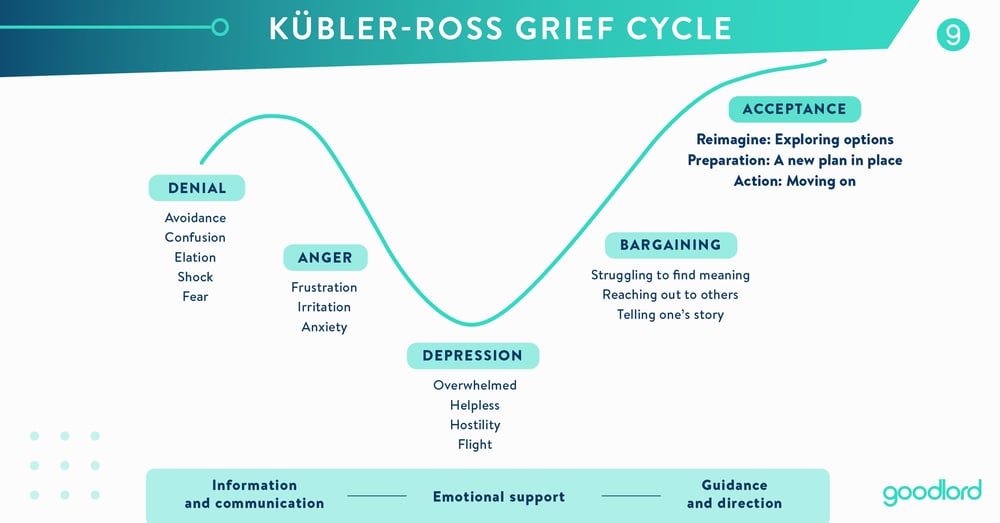Days
Hours
Minutes
Seconds
May 1 2026 - Renters' Right Act Commencement Day
You have 0 days to:
Serve any final Section 21 notices
Stop accepting above-asking rent offers
Prepare for the rental bidding ban
Remove “No DSS” from adverts
Remove “No Children” from listings
Show one clear rent price
Stop using fixed-term agreements
Switch to periodic tenancy templates
Check which tenancies go periodic
Stop taking rent before signing
Take no more than one month’s rent
Move all evictions to Section 8
Train staff on new notice rules
Create Section 13 process flow
Add two months to rent reviews
File court claims for Section 21s
Update landlord move-in grounds
Update landlord selling grounds
Send the RRA Information Sheet
Create written terms where missing
Update How to Rent processes
Review tenant screening questions
Update pet request processes
Stop backdating rent increases
Discuss rent protection backbooks
Act now before it is too late...
Curving towards acceptance: Peter Knight on timing your future plans right
The shock that letting agencies have experienced due to the pandemic can be likened to the Kübler-Ross stages of grief - an analogy that can help your agency understand how to better adapt for the future.
Suzy Lycett
May 7, 2020
This article was originally published on 7 May 2020. Although we endeavour to keep our coronavirus (COVID-19) content as up to date as possible, the situation is rapidly changing, so please ensure you refer to gov.uk for the latest advice and information.
During the coronavirus pandemic, businesses globally are struggling to cope with the reality that this unprecedented event has brought about. Although most companies are facing similar challenges, not everyone will react in the same way - or at the same pace.
Peter Knight, Founder of Property Academy, suggests an analogy for how companies, including letting agents and their landlords, are reacting. He says that the shock and sudden disruption to the normal running of businesses can initially reflect the Kubler-Ross stages of grief: denial, anger, depression, bargaining, and acceptance. The last stage of acceptance can then become a launching point for adapting to the future.
Recognising these stages leads to a better understanding of how to approach managing your business at this time, and how to better understand your clients. “People are operating at different speeds,” says Knight. “There’s no point in having a conversation with anybody about the future if they’re still in the early stages on the curve.”

1. Confront - and accept - the brutal reality
To move through the stages towards acceptance, Knight advises recognising the changes that will have to be made, and taking the time to understand all the support available and the steps that you can take to get on top of the situation. For example: furloughing staff, applying for grants, deferring mortgage payments, and so on. This is when an agency or landlord can move towards accepting the situation “knowing that it’s done everything”.
“Using the adapted Grief Curve model, people can't get to phase 2 until they've reached the final stage of acceptance,” says Knight.
2. Reimagine
This is the creative, imaginative phase. “If someone’s still in shock, they won’t cope with talking about the future,” says Knight. “Once people start the reimagine phase they tend to feel immediately better as they get excited about the future opportunities.”
“You need to thoroughly consider all options including those not previously considered or even conceived,” says Knight. “One great thing is that people who are furloughed can, we’re advised, contribute to this reimagining of how the business will be.”
Knight highlights that the “key is to spend a decent amount of time in phase two - I would suggest two weeks. It's tempting to rush this part, to get to the planning stage, but that would almost certainly result in a poorer outcome.”
3. Preparation and planning
Once you have these well thought out ideas, it’s time for the logistics phase and creating concrete plans for the future. For example, agents could choose to work towards gaining professional qualifications to pre-empt the professionalisation of the lettings industry. This, again, shouldn’t be rushed as it will impact the direction your agency will choose to take during and post pandemic.
4. Action
Once everything is ready, your plans can be rolled out. Your agency will have moved past acceptance onto actioning the steps in your strategy, whether in marketing, improving your processes, training your staff, etc., to ensure business continuity for the future - and the expected surge in lettings once restrictions on moving house are lifted.





